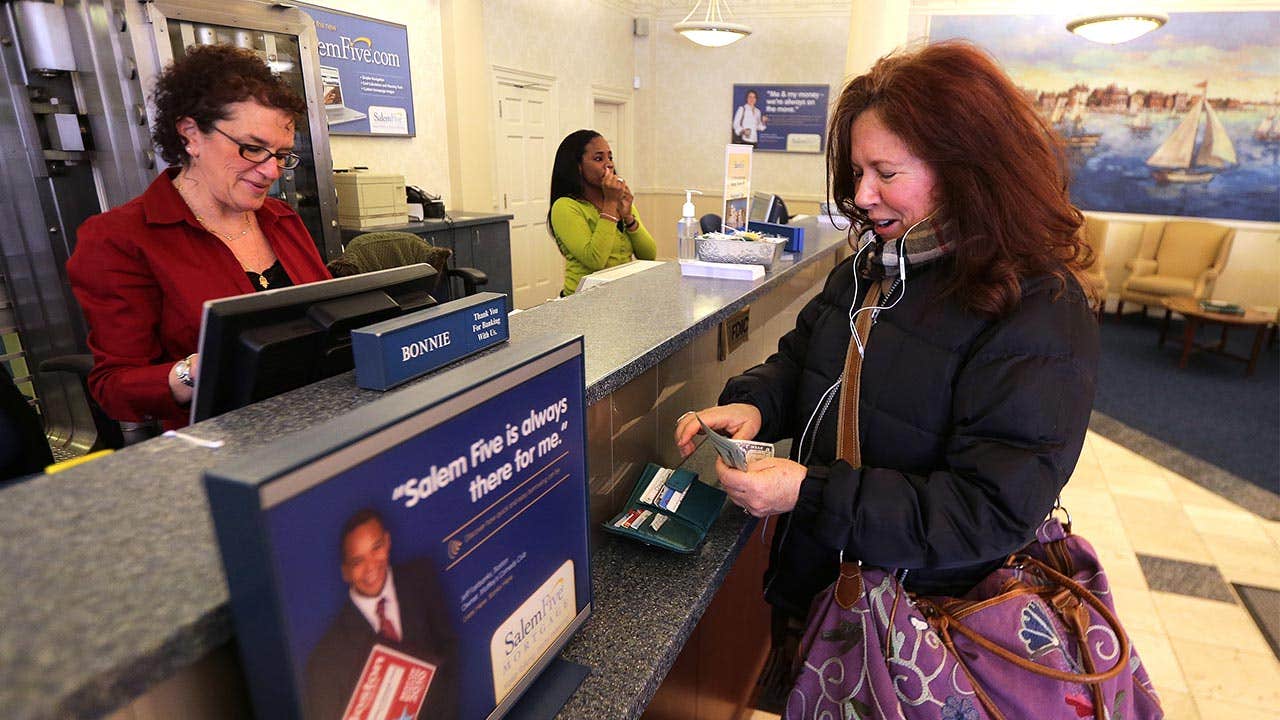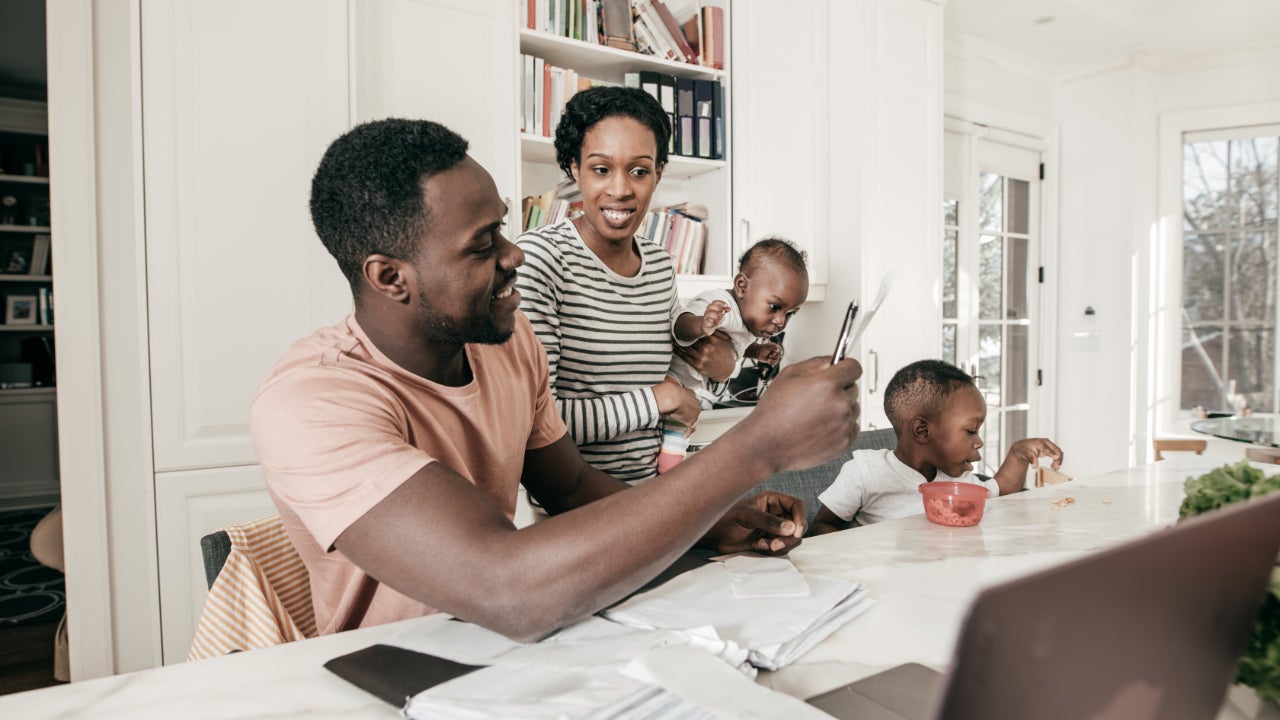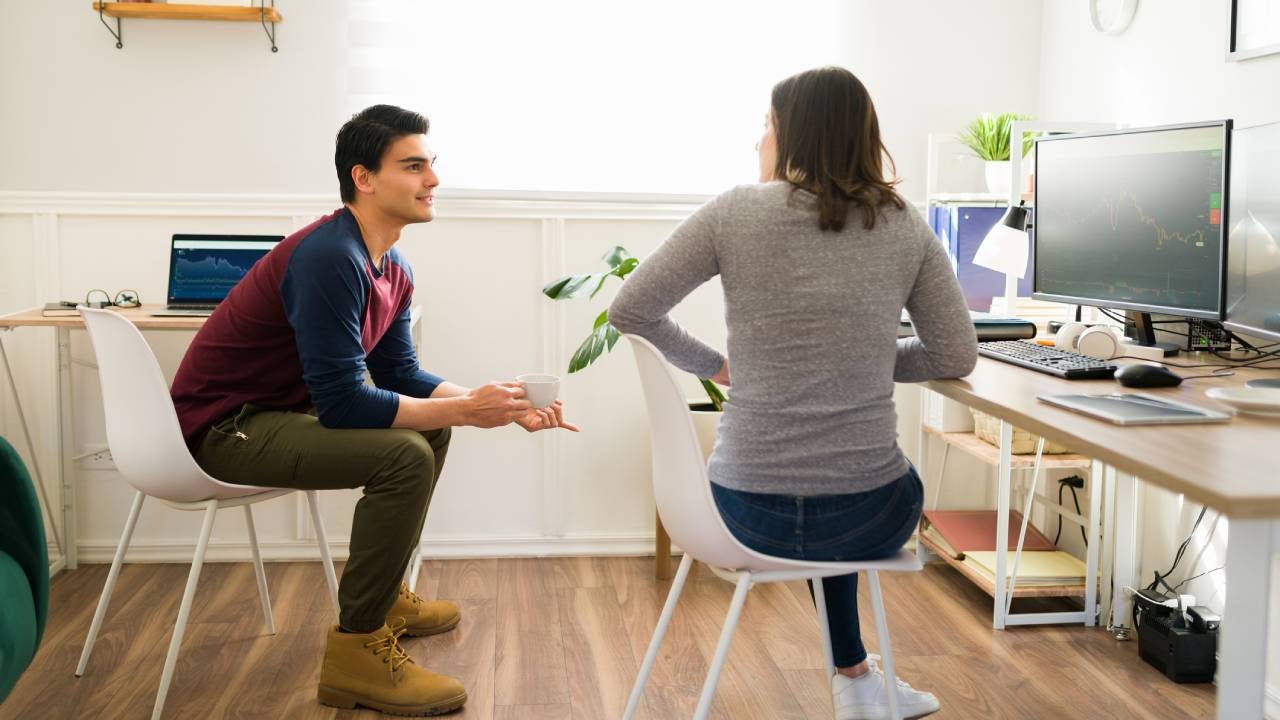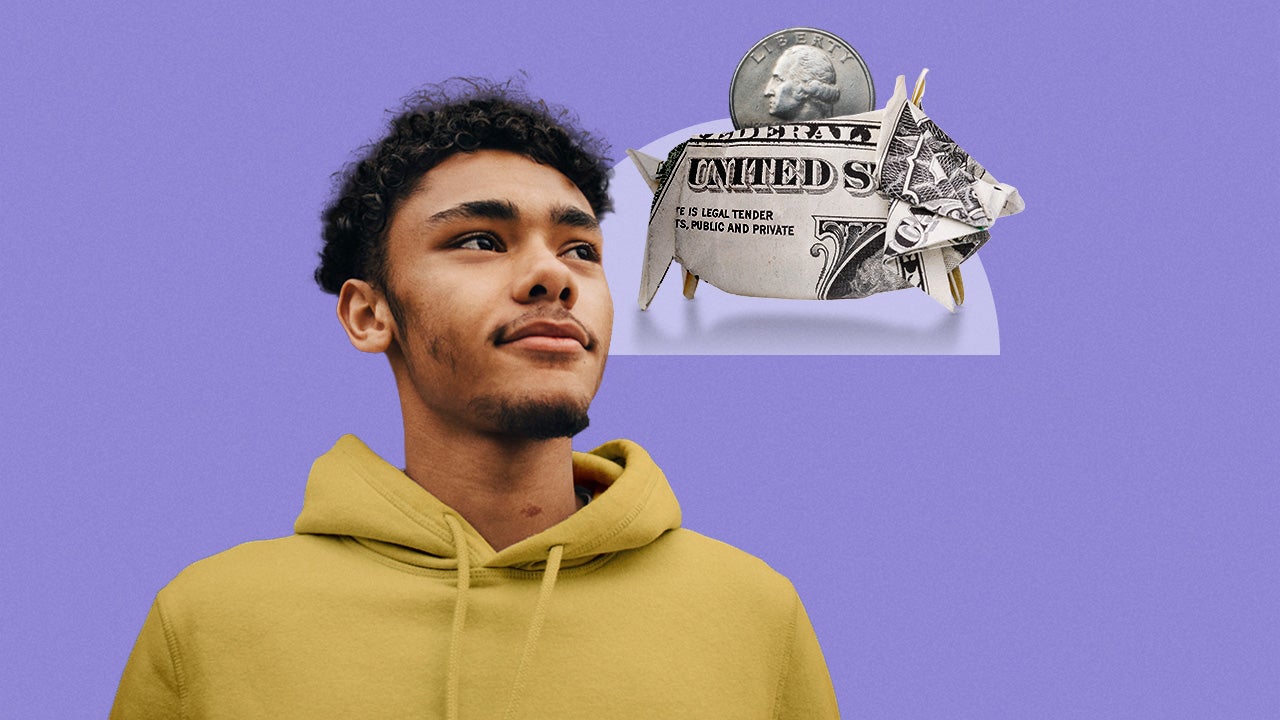How to open a bank account: a step-by-step guide




Having a bank account makes it easy to take care of everyday tasks such as paying bills, depositing paychecks or saving money.
Whether you’re opening your first account or switching banks, the process is relatively simple. We’ll walk you through the steps to open a bank account and the factors to consider when choosing a financial institution.
Key takeaways
- To open a bank account, you will need basic documents to prove your identity and where you live.
- Before deciding where to open a bank account, determine the account type and institution that will best meet your banking needs.
- Many banks and credit unions allow you to fill out an application in person at a branch or online.
What you need to open a bank account
When you open a bank account, the bank will ask you to fill out an application. Whether you are applying for an account online or inside a branch, you will need:
- Government-issued identification: You’ll need a valid photo ID, such as a driver’s license, state ID, or passport, to prove your identity.
- Social Security number or Individual Taxpayer Identification Number (ITIN): Banks are required to verify your identity for tax reporting purposes.
- Proof of address: Some banks may require a utility bill, lease agreement, or other document that confirms your current address.
- Opening deposit: Many banks require an initial deposit to open an account, though the minimum amount varies by institution and type of account.
Step 1: Find a bank or credit union
Banks are for-profit businesses, while credit unions are not-for-profit organizations owned by their members. Credit unions often offer lower fees and higher interest rates but may have more limited services and locations.
Here are some key differences between the two:
| Feature | Banks | Credit Unions |
| Ownership | For-profit, owned by shareholders | Not-for-profit, owned by members |
| Fees | Often higher | Often lower |
| Interest rates | Often lower | Often higher |
| Eligiblity | Open to anyone | Requires meeting membership criteria |
| Insurnace | Insured by the Federal Deposit Insurance Corporation (FDIC) | Insured by the National Credit Union Administration (NCUA) |
Dive deeper: Our guide on the differences between banks and credit unions.
To help you decide which type of institution is right for you, compare common banking fees for account maintenance, overdrafts, ATM usage, and other services. Look for banks with low or no fees, or those that waive fees when you meet certain requirements.
You’ll also want to consider whether you prefer the convenience of a local branch or the flexibility of online banking. Look for banks with a wide network of fee-free ATMs if you plan to withdraw and deposit cash frequently.
Lastly, ensure your bank is FDIC-insured or credit union is NCUA-insured, which protects your funds up to $250,000 per depositor, per institution, in case of bank failure.
Step 2: Choose checking or savings – or both
When opening a bank account, you’ll need to decide between a checking account, a savings account, or both:
- Checking accounts are designed for everyday transactions, such as making purchases, paying bills, and withdrawing cash. They often come with a debit card and checks.
- Savings accounts are intended for storing money and typically offer higher interest rates than checking accounts. They may have withdrawal limits and require a minimum balance.
Discover some of the key differences between checking and savings accounts.
Many people benefit from having both a checking and savings account, especially if they’re at the same institution. This allows for easy transfers between accounts, overdraft protection, and potential relationship benefits like higher interest rates or waived fees.
If you’re opening a savings account or interest-bearing checking account, compare annual percentage yields (APYs) to maximize your earnings. Some of the best high-yield savings accounts and high-yield checking accounts offer APYs far above the national average.
For more information, read our guides on how to open a savings account and how to open a checking account online.
Step 3: Visit a branch or website
Once you’ve chosen a bank, you can open your account by going inside a branch during business hours or applying online. Have your ID, personal information and opening deposit money at hand.
If you choose to open an account online, it’s best to do it during hours when bank customer service representatives are available, in case you run into a problem or have a question. You may have to mail the bank a money order, cashier’s check or make an electronic transfer from another account if an opening deposit is required.
Step 4: Fill out the application
Provide your personal information, including your name, address, phone number, email, date of birth and identification details to complete the application.
Once you’ve filled out the application and have gotten approved, you’ll make your initial deposit using cash, a check, or an electronic transfer from another account. Review and sign the account agreement, which outlines the terms and conditions, fees, interest rates, and minimum balance requirements.
If you’re opening a bank account online, make sure to register for online banking and download the mobile app to manage your account, transfer funds, and pay bills.
Additional considerations
There are a few additional things to keep in mind when opening a bank account:
- Minors under age 18 generally cannot open a bank account without an adult. In the case of joint accounts, the personal information, identification and signatures of all account holders are required.
- If you’re opening an account with another person, such as a spouse or business partner, you’ll both need to provide identification and sign the account agreement.
- Banks may review your banking history using ChexSystems, which reports bank account history like unpaid fees or frequent overdrafts. If you have a negative record, you may need to open a second chance checking account to rebuild your banking history.
Bottom line
Having a bank account makes life easier. Everyday transactions are simpler and less expensive than buying money orders or using other means to handle cash.
Most banks and credit unions explain on their websites how to open an account and what information is needed. Plus, using a bank account to deposit money, save money and make payments is safer and easier to monitor than dealing with cash.
Why we ask for feedback Your feedback helps us improve our content and services. It takes less than a minute to complete.
Your responses are anonymous and will only be used for improving our website.




